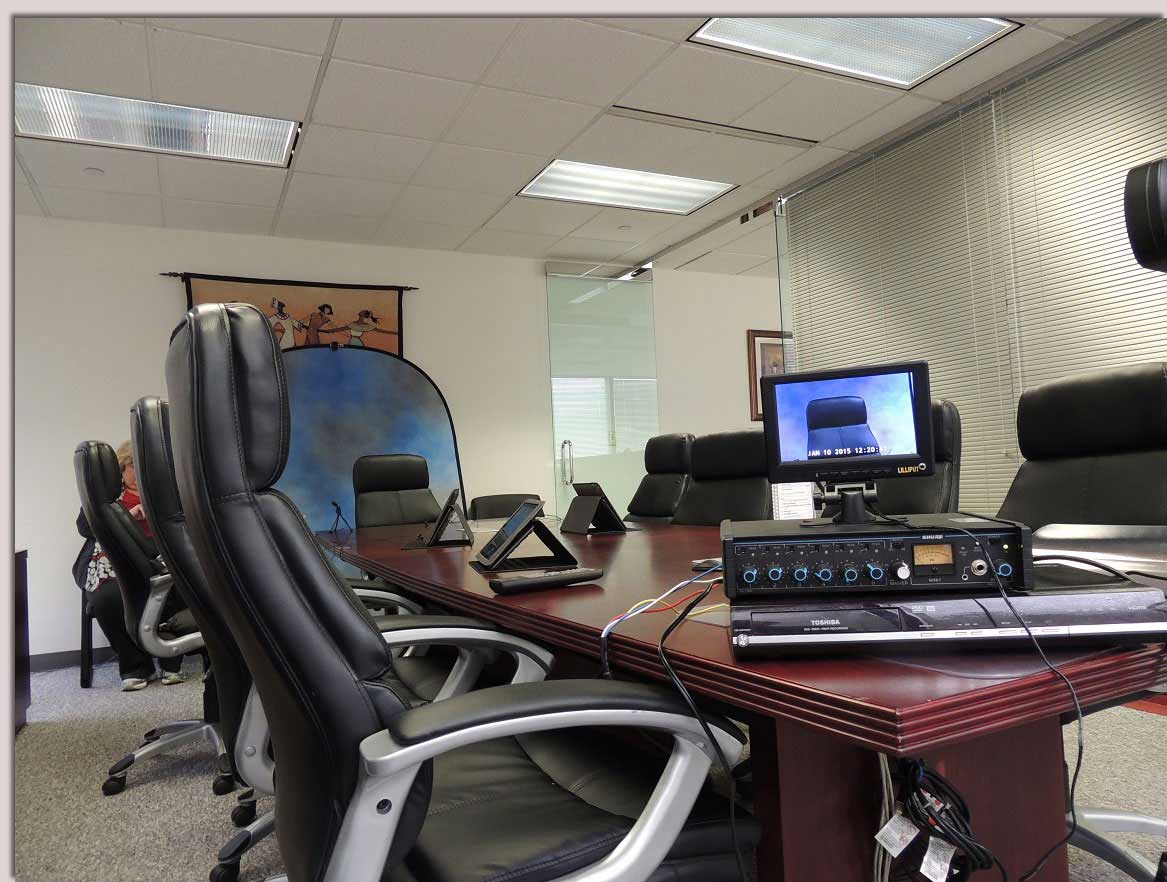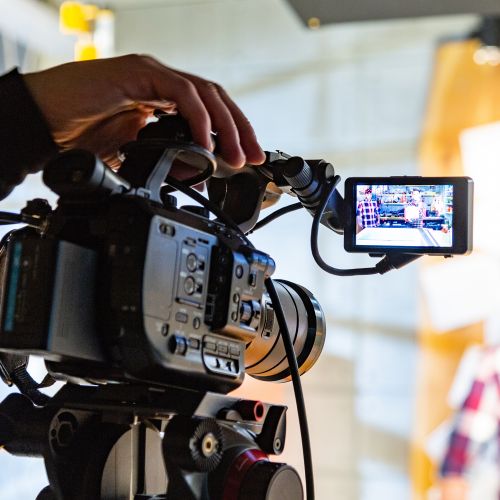Affordable Legal Videography Solutions for Law Firms.
Wiki Article
The Duty of Lawful Videography in Depositions and Tests
Legal videography has emerged as an important tool in both depositions and trials, providing a complex strategy to recording witness statements. As legal professionals increasingly identify its worth, it triggers a deeper examination of just how these aesthetic records can influence juror assumptions and test results.Significance of Lawful Videography
Lawful videography plays a critical role in the documents and discussion of depositions and trials. This specialized area integrates technical abilities with legal knowledge to develop a trustworthy record of proceedings that can dramatically influence case end results. The visual facet of lawful videography enhances the understanding of witness testament, enabling jurors and courts to observe not only the talked words however also the disposition, feelings, and body language of the witnesses.
The value of legal videography extends past the court; it also plays a vital duty in maintaining proof for future recommendation, whether for allures or additional lawsuit. Therefore, its integration right into the legal process is crucial for making sure a fair and exact representation of the facts, eventually contributing to the search of justice.

Refine of Legal Videography
While recording the nuances of depositions and trials, the procedure of lawful videography involves a number of important actions that ensure premium, exact recordings. Initially, a professional legal videographer prepares by examining the instance products and understanding the particular demands of the deposition or test. This preparation includes familiarizing themselves with the participants and the context, which aids in capturing essential details.On the day of the recording, the videographer establishes up the needed tools, which commonly consists of high-def electronic cameras, microphones, and correct lights. Making certain optimum angles and audio top quality is vital, as it straight affects the efficiency of the recording. The videographer interacts with attorneys and participants to develop methods, making sure that everybody comprehends the recording process.
During the deposition or test, the videographer diligently tapes the procedures, paying close interest to both verbal and non-verbal signs. legal videography. This consists of catching the behavior and reactions of witnesses and lawyers. After the session ends, the videographer may edit the video for quality and compliance with legal criteria, creating a final item that properly shows the proceedings for future referral and use in legal contexts
Advantages in Depositions
The consolidation of videography in depositions offers countless advantages that enhance the total process of gathering proof. One primary advantage is the capability to capture witness testaments with visual and acoustic fidelity, giving a much more accurate depiction of the witness's disposition, tone, and body movement. This multidimensional technique allows lawyers and juries to analyze reputation better than standard written transcripts alone.In addition, videographed depositions act as a powerful tool for maintaining testimony. Must a witness become not available for test, their tape-recorded deposition can be played in court, making certain that their evidence continues to be accessible and pertinent. This facet considerably lowers the risk of shedding crucial info that can impact situation end results.
Furthermore, making use of lawful videography promotes better prep work for lawyers. Reviewing video footage enables legal groups to analyze and refine their methods, identifying strengths and weaknesses in their instances. This primary advantage can cause even more compelling presentations in court.
Lastly, videography improves the general article professionalism and reliability of the deposition process, instilling confidence in customers relating to the thoroughness of their lawful representation. By leveraging technology, attorneys can substantially boost the performance of depositions.
Effect On Trials
In numerous trials, the combination of videography can substantially affect the discussion of proof and the court's assumption. Lawful videography records witness testimonies and critical evidence in a dynamic format, allowing jurors to engage with the material on multiple levels. This visual component enhances the storytelling element of a trial, offering context and emotional vibration that typical text-based proof may lack.Moreover, video clip recordings can work as powerful tools for impeachment throughout interrogation. When inconsistencies occur in between a witness's previous statements and their courtroom testament, video clip evidence check gives an unbiased recommendation that can sway jurors' point of views. This immediacy and clearness can reinforce the reliability of an event's story while all at once weakening opposing arguments.
In addition, using videography can help enhance complicated information, making it more accessible to jurors that may battle to comprehend elaborate information provided only with verbal testament. By combining visuals with acoustic information, lawful videography can improve retention and understanding, inevitably influencing the jury's decision-making procedure. As a result, the impact of videography in tests prolongs beyond plain aesthetic appeals; it plays a crucial duty fit the lawful landscape and results.
Future Trends in Legal Videography
As we look toward the future of lawful videography, numerous emerging trends assure to reshape its function within the court room. One significant pattern is the combination of artificial intelligence (AI) in video clip analysis and editing - legal videography. AI can enhance the procedure of recognizing key moments in taped depositions, permitting attorneys to quickly access appropriate material, consequently boosting performance in case preparationAdditionally, the increase of online truth (VIRTUAL REALITY) and increased fact (AR) modern technologies is anticipated to change just how jurors experience proof. By submersing jurors in a simulated environment, these this article technologies can provide a more profound understanding of complex scenarios, leading to more informed considerations.

Additionally, the boosting demand for remote depositions, accelerated by the COVID-19 pandemic, will likely continue. Lawful videographers will certainly require to adapt to new software and systems to make certain high-grade recordings in digital setups.
Finally, the expanding focus on data safety and security will require more stringent methods for keeping and sharing video proof. As the lawful landscape develops, legal videographers have to remain abreast of these trends to keep their importance and efficiency in the judicial process.

Verdict
In summary, lawful videography offers a crucial function in the judicial process, improving the stability of depositions and tests. As modern technology proceeds to evolve, legal videography is poised to additional transform its function within the lawful landscape.Report this wiki page